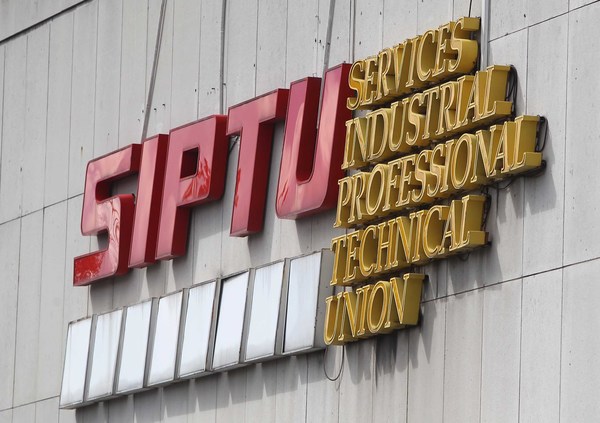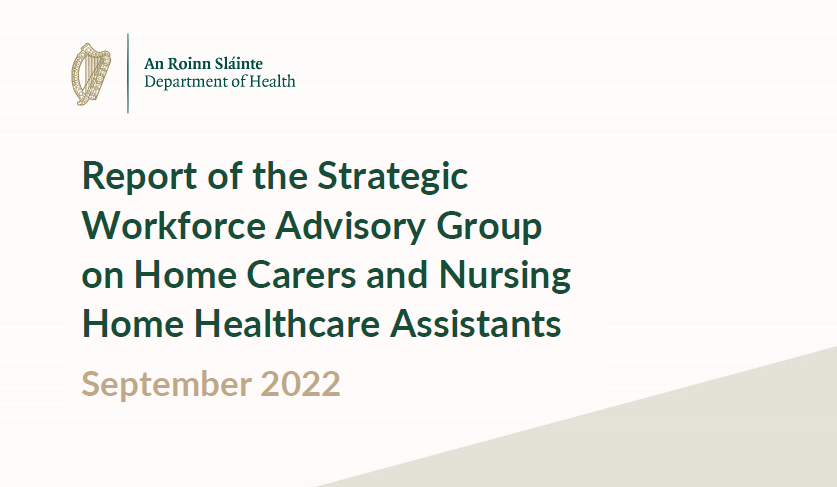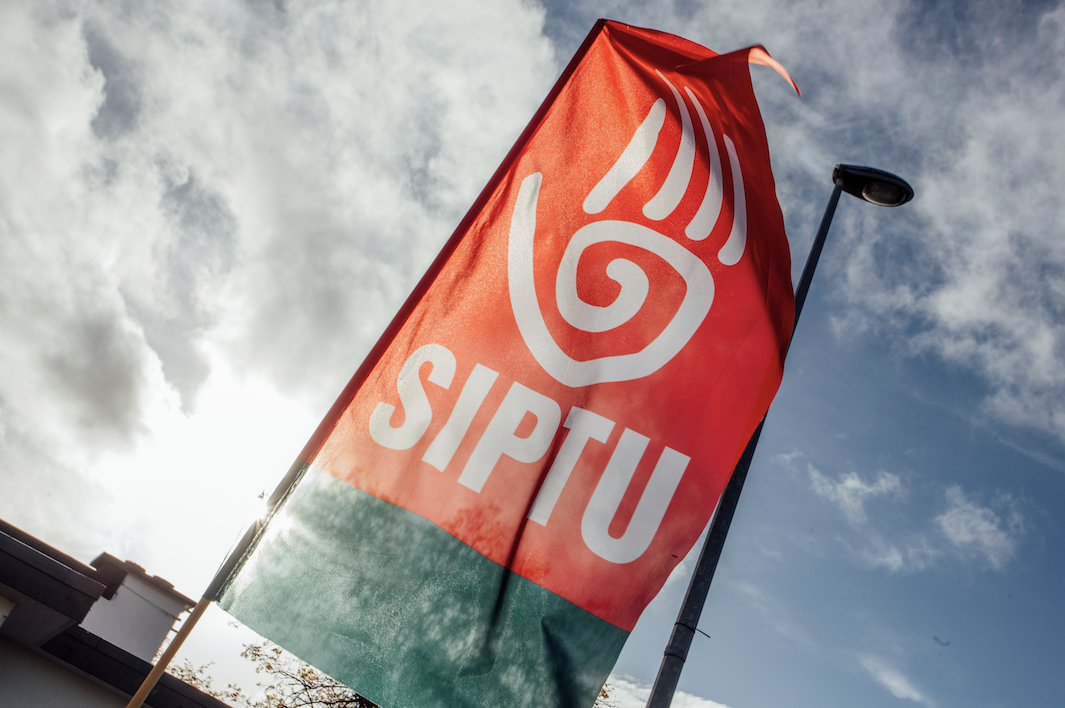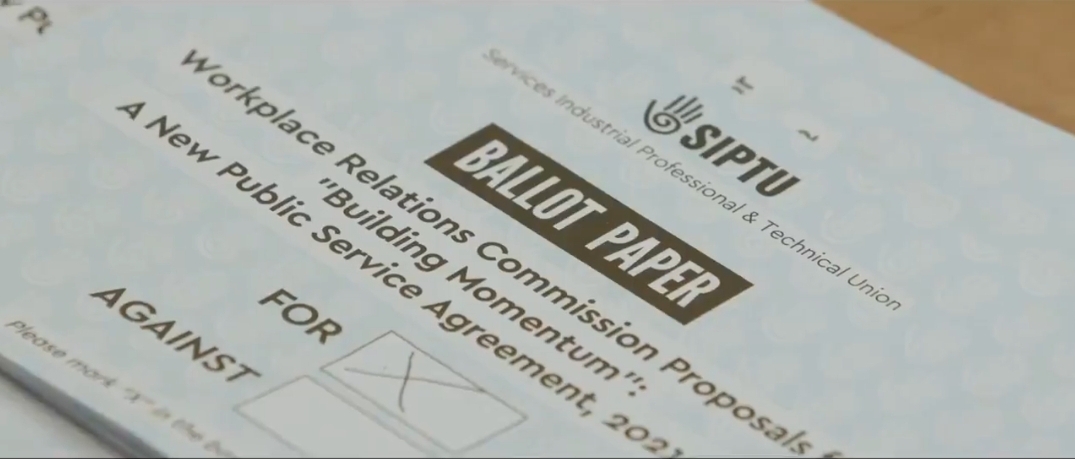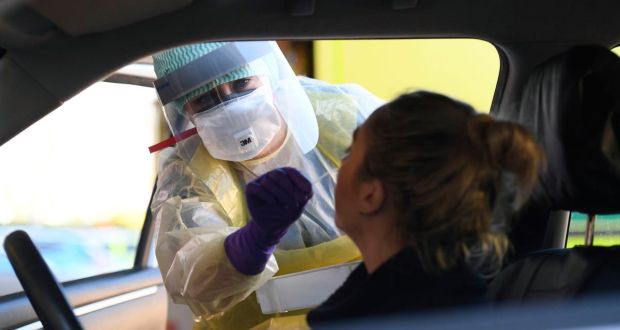INMO and SIPTU statement on HSE decision to close Clifden District Hospital
The Irish Nurses and Midwives Organisation and SIPTU have said the sudden decision to close Clifden District Hospital is shocking and emergency engagement is needed with staff and representatives through the auspices of the Workplace Relations Commission.
INMO Industrial Relations Officer, Anne Burke said: “The announcement today from the Health Service Executive that they are closing Clifden District Hospital is shocking for the nursing staff, the hospital and wider community. At a time when the health service is struggling so profoundly in terms of capacity, every possible effort must be made to maintain and increase bed capacity in the community – not regressive steps to reduce capacity and in turn create difficulties for both the public and staff.
“Neither staff or their trade union representatives were given prior notice that this decision would be announced today. This flies in the face of all that nursing staff have done to maintain services in Clifden District Hospital, particularly over the last number of weeks.
“It is not acceptable to our members that staff and the community have been treated this way. There is now an urgent need for the employer to engage with staff and their representatives. To this end the INMO is now seeking an emergency conciliation conference under the auspices of the Workplace Relations Commission.”
Commenting on the issue, SIPTU Health Organiser, Yvonne McGrath added: “Our members are deeply shocked at the way they have been treated by management today. This is a dark day for everyone associated with Clifden District Hospital. Despite repeatedly requesting engagement through the trade unions, management have refused to meet and instead have issued this unilateral decision today. It is service users, staff and the community who will suffer as a result of this decision. We will be joining the call for an emergency conciliation conference within the Workplace Relations Commission.”

